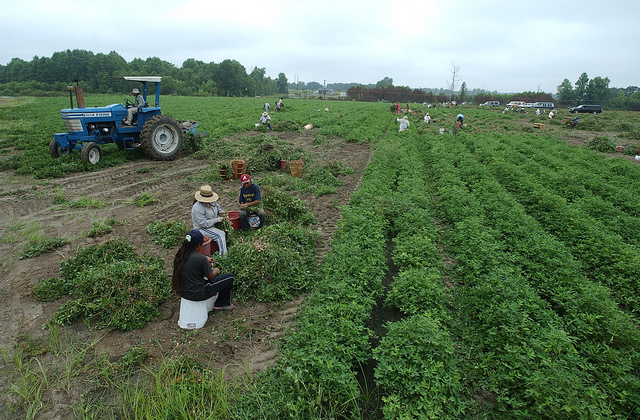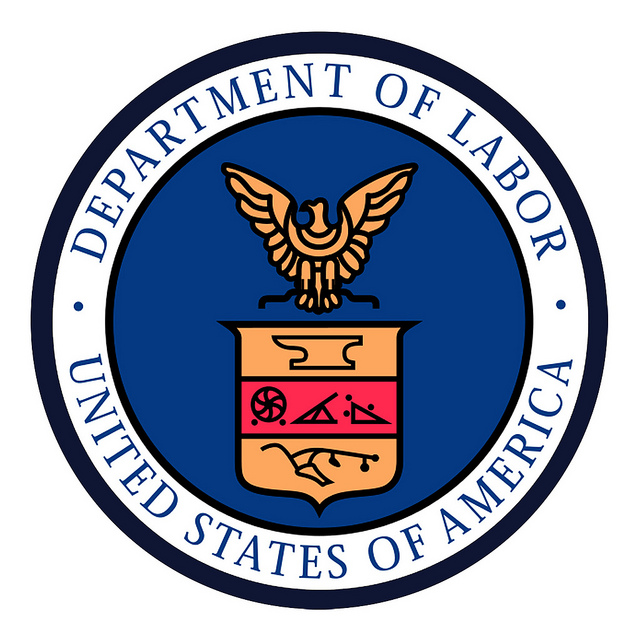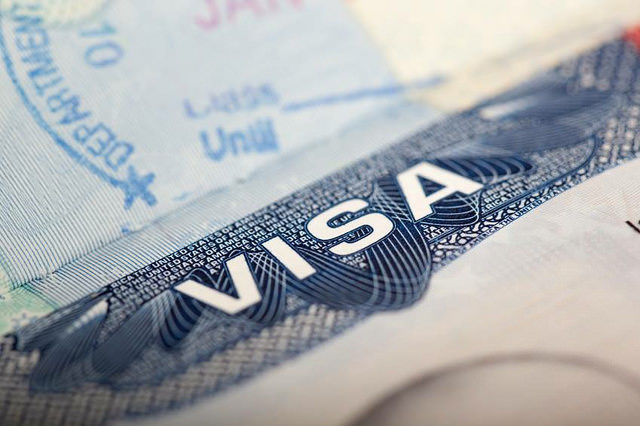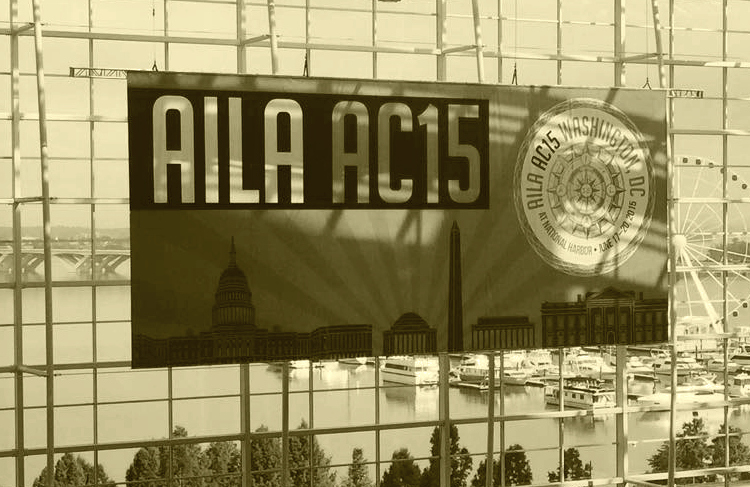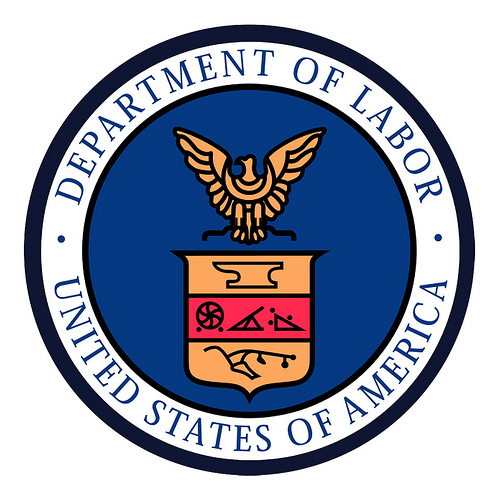
This morning, USCIS made the announcement that it has met the H-2B Cap for temporary nonagricultural workers, beginning employment during the first half of fiscal year 2016. A congressionally mandated cap, limits the number of H-2B visas that can be issued per fiscal year to 66,000. The first half of these visas are issued to workers who will begin employment in the first half of the fiscal year (from October 1 to March 31) and the other half are issued to workers who will begin employment in the second half of the fiscal year (from April 1 to September 30). The deadline to file an H-2B worker petition, with an employment start date beginning prior to April 1, 2016, was March 15, 2016. New H-2B petitions received by USCIS after the deadline, requesting an employment start date before April 1, 2016 will be rejected by USCIS. USCIS will continue to accept and process applications for temporary nonagricultural workers who are considered cap-exempt.
The following H-2B petitions are considered cap-exempt:
- Petitions filed for “returning workers” that have already been counted towards a previous H-2B cap in fiscal years 2013, 2014, or 2015;
 Visa Lawyer Blog
Visa Lawyer Blog



